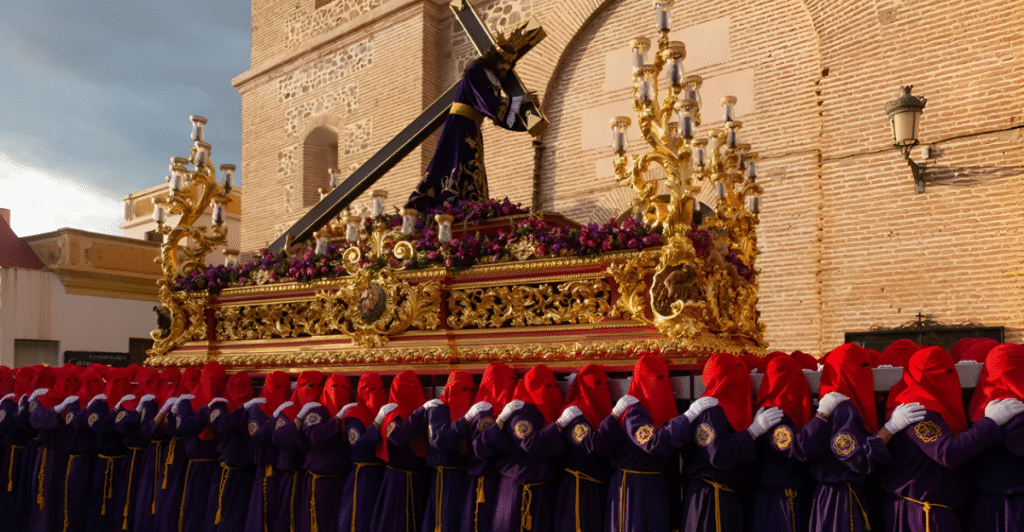
Good Friday commemorates a sad event – the crucifixion of Jesus. This has led many to wonder why the day is called “Good” Friday. In Christian beliefs, Jesus died for the sins of others, so the word “good” in this context is quite bizarre. However, in this context, the word most likely meant “holy.” The day isn’t about happiness but rather God’s ability to turn tragedy into hope.
The Secret Behind The Name

The word “good” didn’t always have the meaning that it has today. A very long time ago, it had an entirely different meaning and could be used in the context of meaning “holy” or “important.” Other languages still translate Good Friday to “Holy Friday” or “Sorrowful Friday.” English never changed Good Friday’s name, meaning that today, it can be a little confusing when people think about the reasoning behind the name.
The Bigger Picture

In the Christian religion, Jesus’s death in the bible is seen as the ultimate sacrifice and shows how much love he had for his followers. When he died, he shouldered the burden of humanity’s sins so that believers could be forgiven. Think of the “good” as coming from a fresh start that he could only make possible through his death.
With Purpose

Many who follow religion will fast and pray on Good Friday. It may feel sad to think about the sacrifice that the day commemorates, but it is also a day about hope. While there are themes of tragedy, many think of the day as remembering a loved one’s death while understanding that they had a legacy that lives on. The sadness also has a purpose, as it comes before the joy of Easter.
Naming Suffering as “Good”
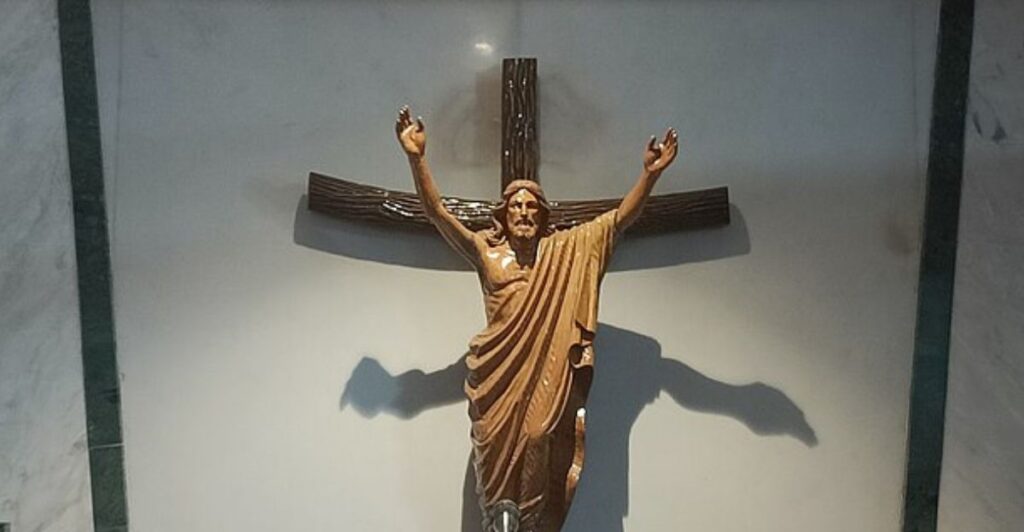
While calling Good Friday “good” feels ironic, it highlights the idea that enduring hardship can lead to spiritual growth and healing. Good Friday is seen as the best example of how suffering can lead to redemption and transformation. This also emphasizes that out of pain can come something profoundly good.
Origins Of The Name
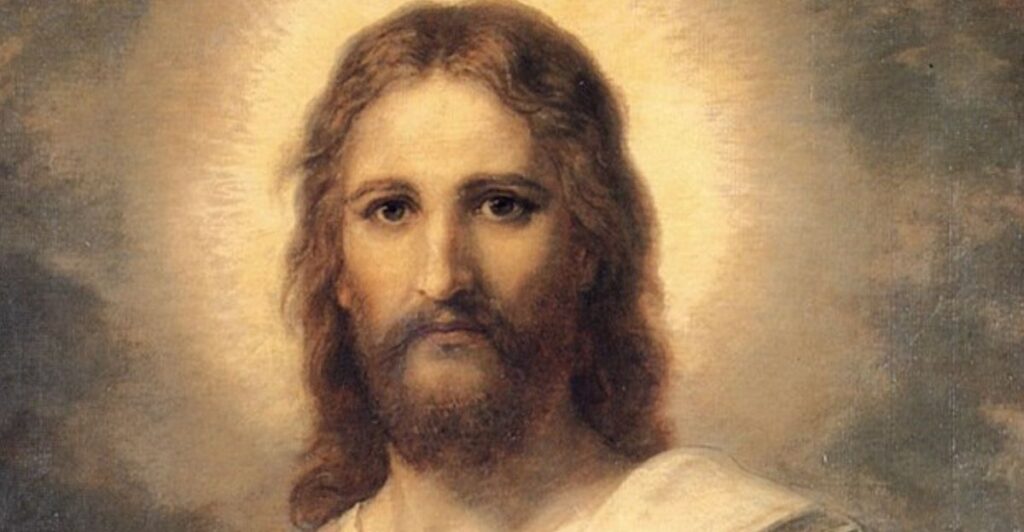
The oldest recordings of the event being referred to as “Good Friday” in the English language was in the 13th century. The day was seen as a sacred or holy day of commemoration, that’s why it was called “Good” Friday. There are other theories that it meant “God’s Friday,” but these have little historical evidence.
Names In Other Cultures
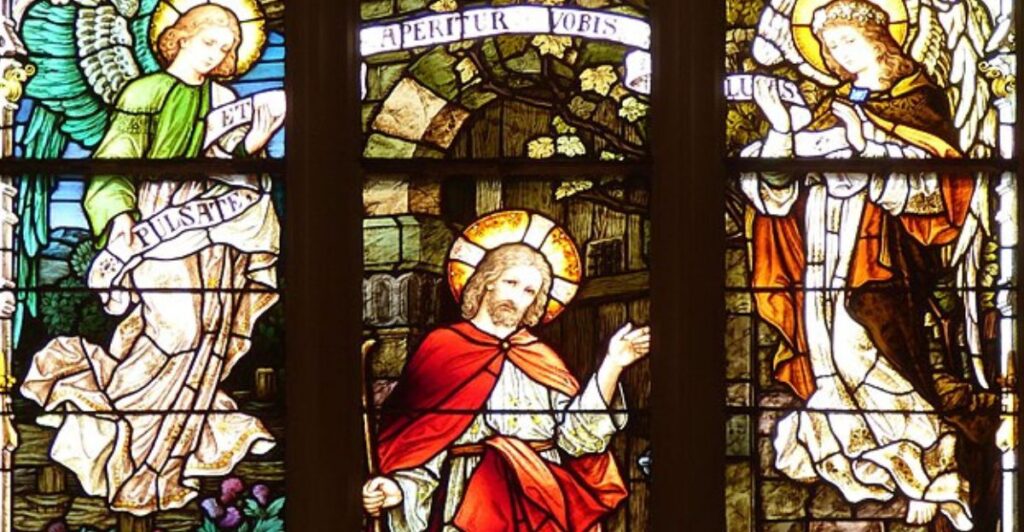
The day translates into different names in different cultures, reflecting a more direct emphasis on what the day is about. English is unique in that the word “good” has a changing meaning. In German, Good Friday is called Sorrowful Friday, and in Greece, it is called “Holy Friday.” These meanings are much easier to understand and reflect the cultural differences in how the meaning of the day is expressed.
Good Emerging From Tragedy

For Christians, the event itself is one of tragedy, but it is a huge turning point in the story of the bible, with humanity recognizing the mistakes they’ve made and just a few days after Good Friday, Jesus comes back from the death, showing his love, compassion, and power.
Broader Lessons

While Good Friday is a religious day, the lessons from its meaning extend far beyond religion. The day teaches that adversity and loss are extremely hard, but in time, they can lead to renewal and strength. This lesson resonates with the human experience and transcends cultures or religions – reminding us that hope can come from even the darkest times. It also reminds us that we are all connected in this world and share the same experiences no matter our race, heritage, culture, or religious beliefs.
The “Good” in Good Friday Still Has Meaning
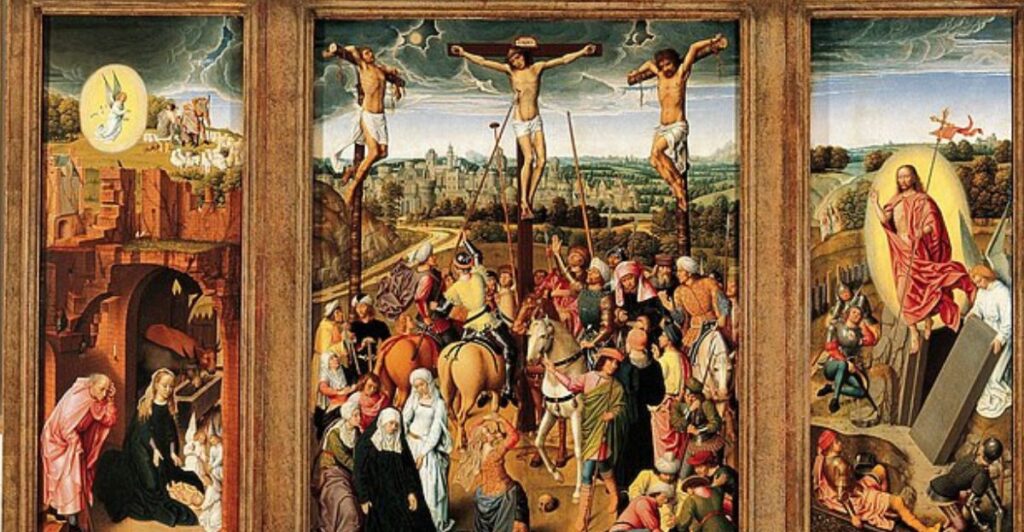
“Good Friday” may be a strange holdover from when words in our language meant something else entirely, but it can still hold meaning to people around the world, reminding us of the good that comes after sacrifice. After all, Easter Sunday comes soon after Good Friday and is a celebration of Jesus’s resurrection and one of merriment across the globe.






